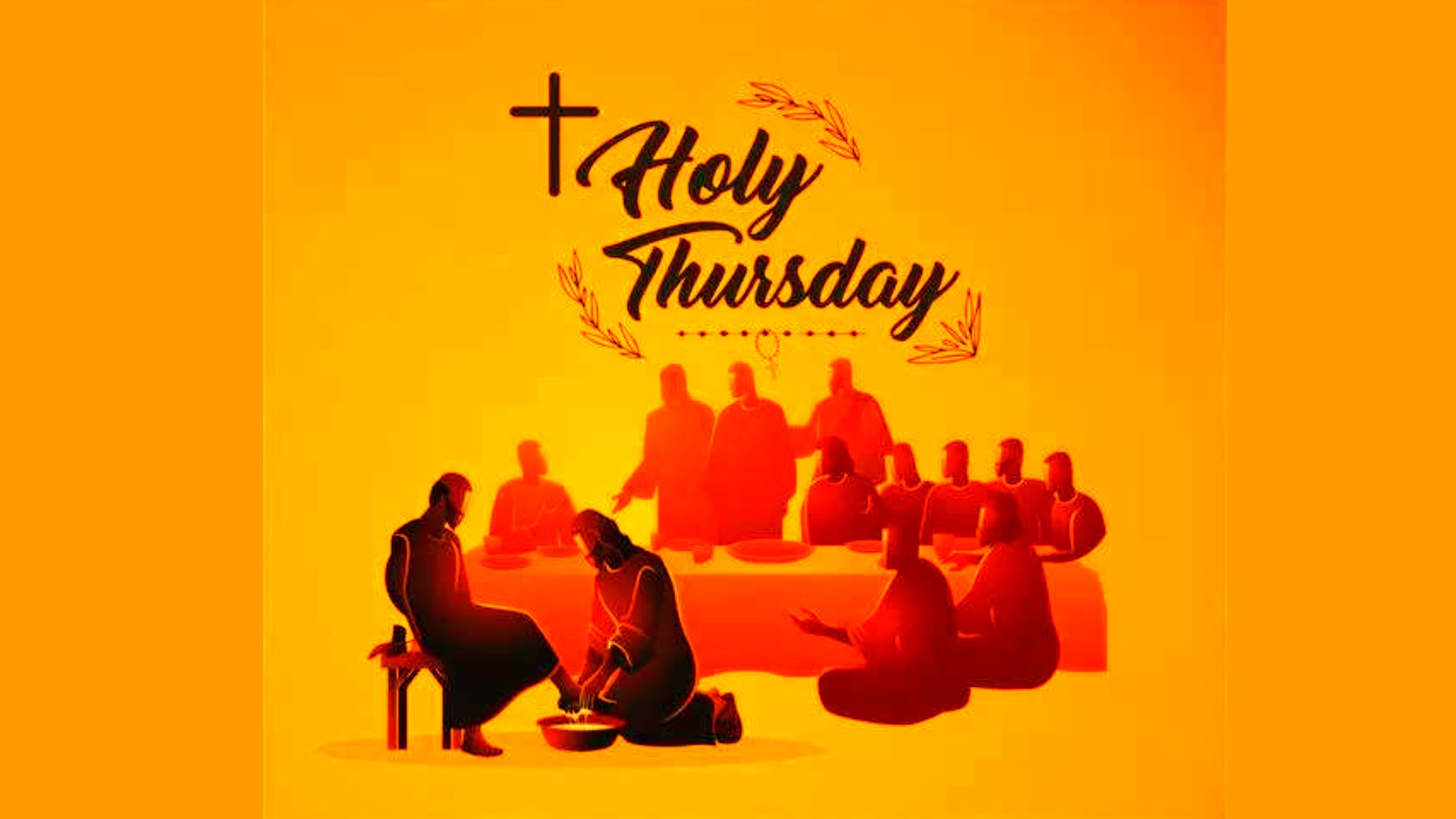Academic Exploration of Taylor Swift's Influence on Culture and Philosophy
Brit Beat's tribute performance recreating The Beatles' iconic Ed Sullivan Show at Woodrow Wilson High School brings the era to life.
In a unique academic endeavor, Taylor Swift's songwriting is being critically examined alongside the works of William Shakespeare and Aristotle at top Australian universities. This interdisciplinary approach challenges traditional perceptions of high art and sparks discussions on the relevance of contemporary music in academic contexts.
Transitioning from Pop Icon to Academic Focus
Leading universities like the University of Melbourne and Sydney University have integrated Swift's albums into their academic programs, drawing comparisons between her lyrics, Shakespeare's sonnets, and Aristotle's teachings. This shift signals a change in academic viewpoints, acknowledging the significance of pop culture in interpreting modern societal landscapes.
"Midnights largely delves into the inner turmoil, tensions, and imperfections within oneself; the goal is to capture the various facets of the artistic persona," shares Professor Liam Semler of Sydney University.
This juxtaposition underscores the timeless themes of love, identity, and human imperfections that transcend centuries.
The forthcoming Swiftposium conference in Melbourne underscores the mounting scholarly attention on Swift's influence across diverse fields, from gender studies to economics.
Keynote speaker and sociologist Georgia Carroll stresses the importance of exploring fandom and celebrity culture in current academic discourse. Carroll argues, "There's still a gendered perspective questioning why celebrity and fan culture should be studied? These areas hold relevance in [students'] lives," advocating for a broader exploration of cultural studies.
A Philosophical Examination of Pop Culture
The integration of Swift's repertoire into academic discussion also signifies a philosophical investigation into contemporary ideas of forgiveness and emotional expression. Associate Professor Luke Russell from Sydney University points out Swift's non-traditional approach to forgiveness, offering a modern viewpoint that challenges conventional norms. Similarly, Emily Hulme, specializing in ancient Greek philosophy, draws parallels between Swift's music and Aristotle's contemplations on the emotional self.
This academic inquisitiveness extends beyond mere fascination with Swift's fame, delving into how her music and public image can enrich broader cultural and philosophical dialogues. "Songs represent a form of poetic expression," notes Semler, advocating for the poetic essence in Swift's lyrics and their ability to convey intricate emotional landscapes.
As Taylor Swift's artistry is dissected alongside literary and philosophical giants in lecture halls, it prompts reflections on the evolving standards of artistic excellence and the role of pop culture in shaping our understanding of the human experience. This fusion of contemporary music and classical education not only enhances the academic scenery but also underscores the significance of pop culture in enriching our shared cultural legacy.















Post a Comment